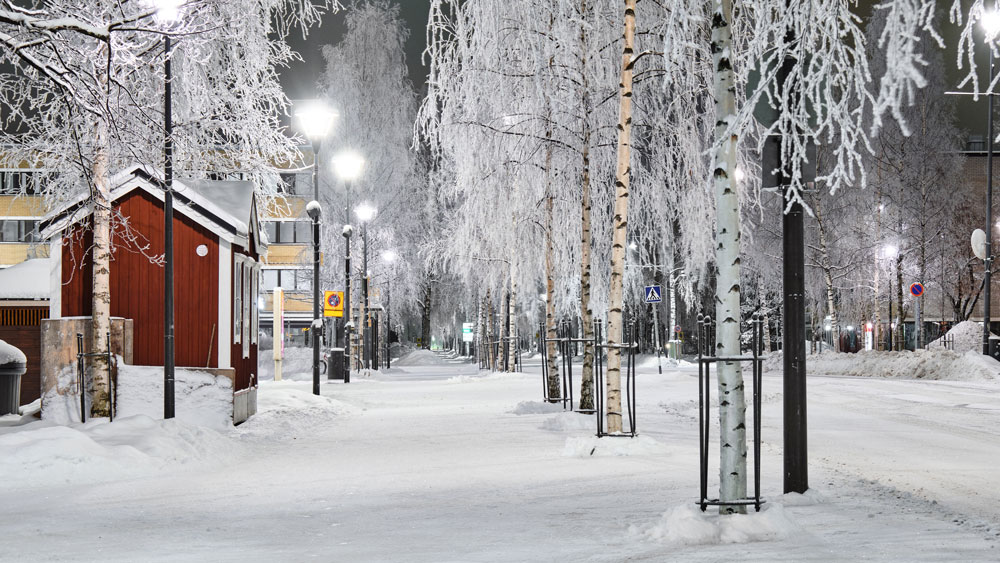Reserve stocks and preparedness planning secure energy supply


In Finland, the security of energy supply is based on the country’s decentralised, diversified and efficient energy production. Stocks of imported fuels and contingency and preparedness plans ensure the transfer, distribution and transport of energy in the event of disruptions.
In addition to meeting national needs, state reserve stocks are maintained to fulfil Finland’s obligations under international agreements. The stocks include, for example, coal, crude oil and petroleum products. The stocks are maintained and managed by the National Emergency Supply Agency.
The National Emergency Supply Agency works with permanent collaboration committees representing operators in the field. These bodies are called sectors and pools. The Energy Supply Sector is responsible for preparedness planning concerning emergencies and major disruptions. The task of the Power Supply Pool, operating under the Energy Supply Sector, is to ensure preparedness to secure the supply of electricity and district heating in emergency conditions.
The Oil Pool is responsible for company-specific preparedness planning concerning oil and natural gas and for maintaining emergency response arrangements for petroleum product transports. The Power Supply Pool and Oil Pool prepare for managing and implementing the supply of energy during crises.
In ensuring the availability of peat, the target is to have reserve stocks covering six months’ use at the beginning of the peat production season. Nuclear power plant sites store enough nuclear fuel to ensure the production of electricity for several months or even more than a year.
MEAE responsible for drafting statutes
The Energy Department of the Ministry of Economic Affairs and Employment (MEAE) is responsible for drafting legislation on the security of energy supply. Legislation in field includes acts and decrees on the stockpiling obligation concerning imported fuels and on the security stockpiling of peat. The Electricity Market Act and the Natural Gas Market Act also lay down security of supply obligations that guide and regulate energy supply.
The EU requires (Directive 2009/119/EC) its Member States to maintain minimum stocks of crude oil and/or petroleum products. Likewise, the membership obligations of the International Energy Agency (IEA) include maintaining oil reserves equivalent to 90 days of net imports. In the event of oil supply disruptions, IEA member countries may decide on joint measures to balance the oil market.
The common Nordic electricity market has established cooperation on preparedness planning and security of supply. Collaboration among public authorities, organisations in the sector and transmission system operators takes place through the NordBER Forum.
Further information: arto.rajala(at)gov.fi (electricity grids)
tatu.pahkala(at)gov.fi (electricity grids, electricity production, emergency preparedness) paivi.laitila(at)gov.fi (district heating, heating systems)
